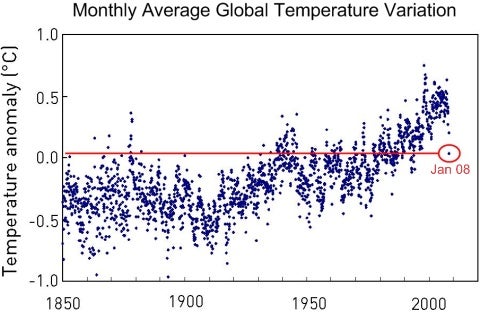 This post is by Lisa Moore, Ph.D., a scientist in the Climate and Air program at Environmental Defense.
This post is by Lisa Moore, Ph.D., a scientist in the Climate and Air program at Environmental Defense.
Scientists use some technical terms in discussing climate change that can cause confusion. Two that are especially useful to know are "forcing" and "feedback".
You’ll hear these terms a lot in discussions of how human activity impacts climate – and especially when the topic turns to the melting Arctic. If you know what they mean, you’ll have a much better understanding of the dynamics behind climate change.











 This post is by Sheryl Canter, an Online Writer and Editorial Manager at Environmental Defense.
This post is by Sheryl Canter, an Online Writer and Editorial Manager at Environmental Defense. This post is by
This post is by